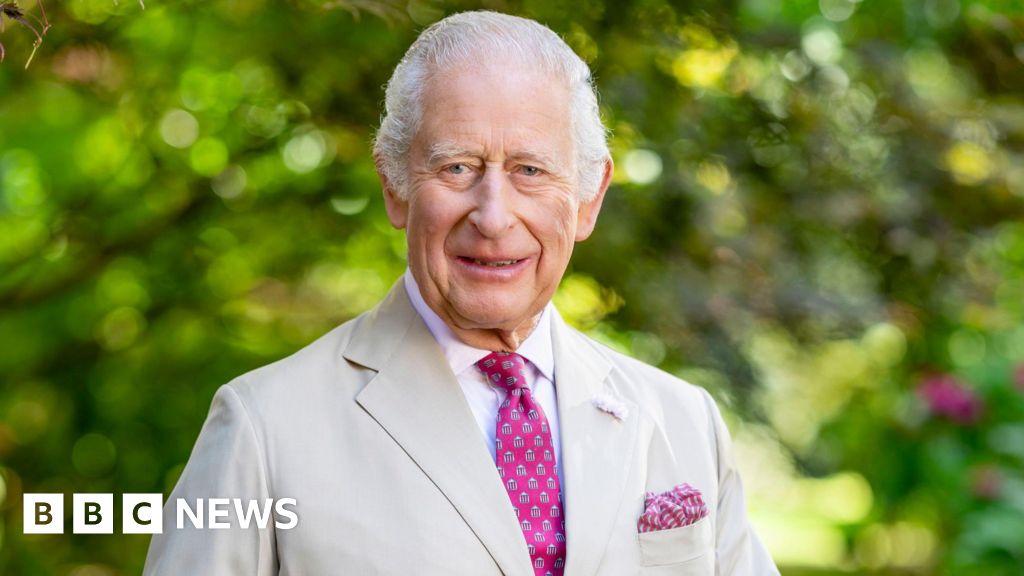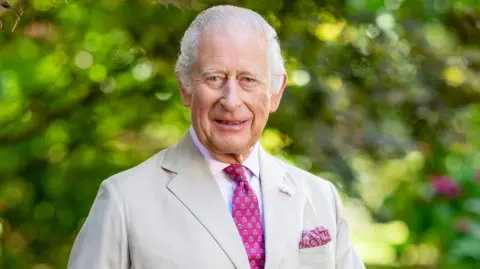By Campbell Rose, Greg Mitchell & Anna Roche
In September 2025 Inland Revenue published Interpretation Statement 25/19 Whether an off-market share cancellation is made in lieu of the payment of a dividend (IS 25/19), which finalised the draft interpretation statement (IS) issued for public consultation earlier this year and replaces previous guidance from 1999.
As we discussed in our May 2025 Tax Alert article the draft IS was, generally, welcome updated guidance on whether a share cancellation is in lieu of a dividend. However, it was not without some potential fish-hooks, which were raised with officials as part of the consultation process. We summarise below how some of those submissions fared.
Submission areas
Some suggestions raised in submissions included that:
- The IS should establish clearer boundaries as to where Inland Revenue considers there is a risk that the redemption of non-participating redeemable shares (NPRS) is in lieu of a dividend;
- Where part of an amount is treated as in lieu of a dividend, tainting the entire amount paid could capture legitimate returns of available subscribed capital (ASC); equally, the IS should clarify that an actual dividend portion of an overall payout upon share cancellation should not taint the entire amount;
- The scope of the IS should be refined in relation to non-pro-rata buy-backs, including acknowledging the commercial drivers for such buy-backs, appropriately recognising what is an “unusual event”, clarifying the implications of contemporaneously issuing shares to other shareholders, and addressing the position of investment companies; and
- An example in the draft IS (example 4) should be clarified so that the inability of a company to pay a dividend (e.g., due to annual losses since incorporation) should be a factor that indicates a redemption is not in lieu of a dividend – rather than being only a “neutral” factor as described in the draft IS.
Updates in the final published IS 25/19
The finalised IS 25/19 included the usual minor ‘tidy ups’ and clarifications that arise through the consultation process, as well as some notable changes, including:
- A new example (example 10) that illustrates a scenario when a redemption of NPRS would not be considered in lieu of a dividend. Although example 10 supports the starting point that a redemption of NPRS should only be in lieu of a dividend in extreme cases, in our view more value could have been derived from an example clarifying the limited circumstances in which a redemption of NPRS would be in lieu of a dividend. In particular, IS 25/19 does not reference relevant extrinsic material (published by Inland Revenue in August 1994) confirming that, illustratively, the “in lieu of dividend” test should be triggered in an NPRS context where a company ceases a regular dividend flow to shareholders and ensures those shareholders receive an equivalent amount by redeeming NPRS. The example does, however, demonstrate that a commercial reason for cancelling shares is to facilitate a shareholder exit. It also clarifies that it is not only the first ever share cancellation or redemption that may be considered a “one-off” unusual transaction.
- An additional example supports that issuing shares after a cancellation does not necessarily indicate that the cancellation is in lieu of a dividend; as the cancellation and reissue can have a legitimate commercial rationale without any suggestion that the reissue is to circumvent the bright-line tests.
- Clarifying that a cancellation payment comprising both ASC (capable of being returned tax-free) and an additional (excess) dividend component is not, without a purpose of avoidance, intended to be captured by the ‘tainting’ which can occur when part of such a payment is “in lieu of” a dividend.
- Updates have been made to what was example 4 (now 5), to confirm that a company with no retained earnings and ongoing tax losses is not in a dividend-paying position, and therefore the cancellation in the example should not be in lieu of a dividend. This is sensible, as it re-confirms that a company needs to be in a dividend paying position for a share cancellation to be considered in lieu of a dividend.
Areas not updated in IS 25/19
Inland Revenue did not address all of the key concerns that were raised in submissions.
IS 29/15 does not acknowledge that non pro-rata buy-backs generally should not be considered to be in lieu of a dividend (other than in rare circumstances). This point is of fundamental importance to investment companies, as their business model is often to redeem or cancel the shares of some shareholders while contemporaneously issuing new equity to other shareholders. A clear statement providing guidance in this context would have been a welcome addition to provide certainty; instead it appears that the tax implications will need to be firmly grounded in the commercial drivers specific to the business model and particular redemption(s)/re-issuance(s).
Inland Revenue did not consider there was scope to apply a purposive approach to interpreting the “all or nothing” nature of the tainting language in the in lieu of dividend rule, based on the legislation as drafted and its intended scope. This issue has been referred to policy officials for further consideration.
Where to from here?
“Dividend avoidance/integrity” is currently, and we expect will continue to be, a key focus area for Inland Revenue. It represents an area of avoidance-related investigation where Inland Revenue’s enquiries can be assumed to commence from a sceptical starting point – and potentially in scenarios where the statutory time bar may not apply.
Accordingly, in defending a share cancellation as being genuine, it will be critical to retain objective evidence that compellingly supports the commercial reasons underpinning the cancellation. This needs to then be appropriately weighted with the other statutory factors in section CD 22(7) of the Income Tax Act 2007 to support a position that none of the amount paid is in lieu of a dividend.
As IS 25/19 has been updated to include reference to “inexplicable accumulation of earnings”, “examin[ing] the source of (…) funds” for “objective evidence that they represent genuine surplus capital and not simply accumulated profits”. In the context of examples the analysis also uses new terminology of dividends being “effectively deferred”, and “utilis[ing] a bank account of accumulated profits”.
It is therefore imperative that companies tread carefully in this area, given heightened Inland Revenue scrutiny of the capital/revenue (dividend) boundary. As we noted in our May 2025 article, obtaining appropriate specialist tax advice and achieving valuable certainty through a binding ruling before undertaking a share cancellation, warrant serious consideration.
If you have any questions on IS 25/19 or the tax implications more generally of share cancellations, please contact your usual Deloitte advisor.









